The leather industry has an important place in Turkey's economy with both traditional and modern production methods. Leather factories and facilities contribute to the growth of this sector by producing for both the domestic and international markets. In this blog post, we will discuss the general structure of leather factories in Turkey, their production processes, environmental responsibilities and prominent regions.
Leather Industry in Turkey
Turkey has a strategic position in leather production, acting as a bridge between Asia and Europe. There are over 1,000 large-scale leather processing plants and smaller businesses throughout the country. The cities that stand out in leather production are:
- Istanbul : Istanbul Leather Organized Industrial Zone (IDOSB) in Tuzla, which can be considered the center of Turkey's leather industry, hosts many modern facilities.
- Uşak : Especially known for its recycled leather products, this region stands out with its environmentally friendly production models.
- Bursa : Known for its high quality leather production and export.
- Izmir : Known for its leather processing facilities for end products such as shoes and bags.
Production Processes in Leather Factories
The production process in a leather factory usually consists of the following stages:
-
Raw Leather Processing
- Preservation and preparation of various animal skins for processing by processes such as salting and liming.
-
Tanning
- Treatment of leather with chemical or plant substances to increase its durability and prevent decay.
-
Painting and Finishing
- Dyeing processes are carried out to determine the color and texture of the leather. Then, final processes are carried out according to the intended use.
Environmental Impacts and Sustainability
Leather production is an industry that is often criticized for its environmental impact. However, modern facilities in Turkey are taking important steps to reduce these problems:
- Wastewater Treatment : Many leather factories have established high-tech facilities for the treatment of chemical wastes.
- Energy Efficiency : Investments are made to reduce the carbon footprint during production with renewable energy projects.
- Recycling : The number of factories that recycle waste leather and use it in shoe and accessory production is increasing.
Featured Leather Facilities
1. Istanbul Leather Organized Industrial Zone (IDOSB)
- Turkey's largest leather industrial zone.
- It has a modern wastewater treatment plant with a daily capacity of 36,000 m³.
2. Uşak Mixed Organized Industrial Zone
- A mixed organized industrial zone that brings together the leather and textile sectors.
- It is known for its recycled leather products.
3. Bursa Leather Facilities
- Factories specializing in luxury leather goods are concentrated here.
- It is known worldwide for its high-quality tanning processes.
The Future of the Leather Industry
Leather factories in Turkey continue to produce at international standards, maintaining their competitive advantage in the global market. Investments in sustainable production models in particular are among the most important elements that will shape the future of the sector.
Do you think the leather industry is fulfilling its environmental responsibilities? Don't forget to share your views in the comments!
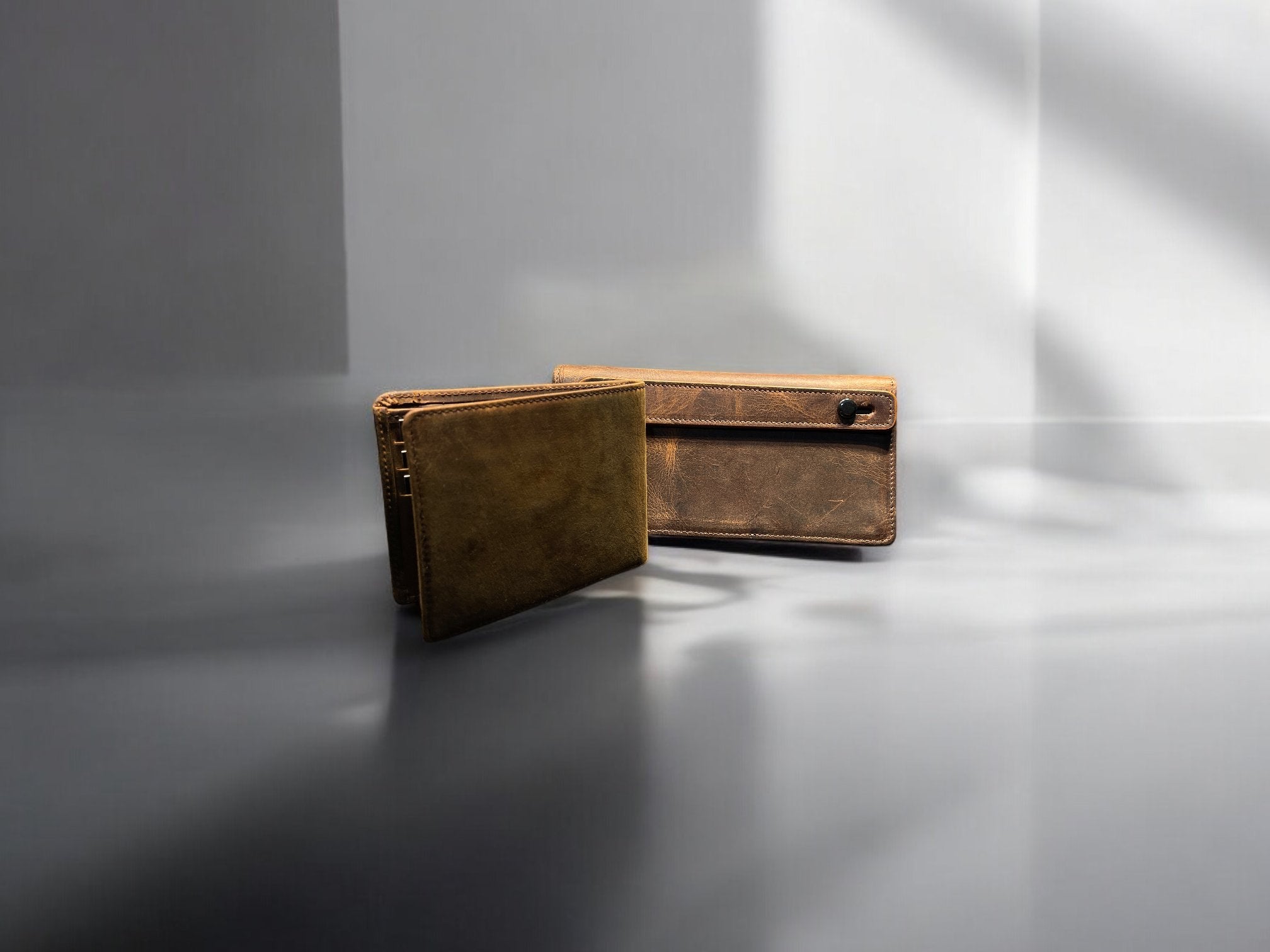
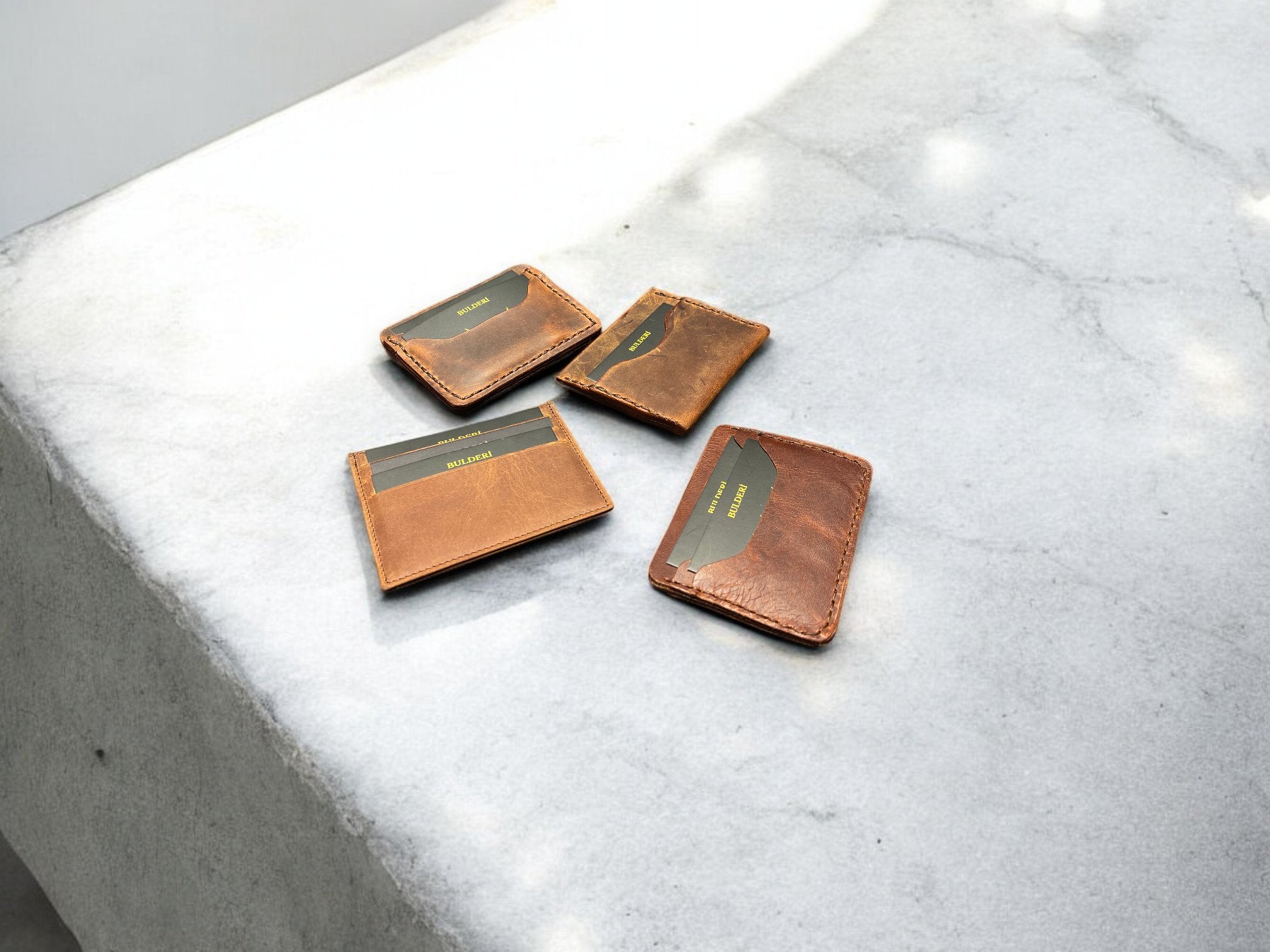
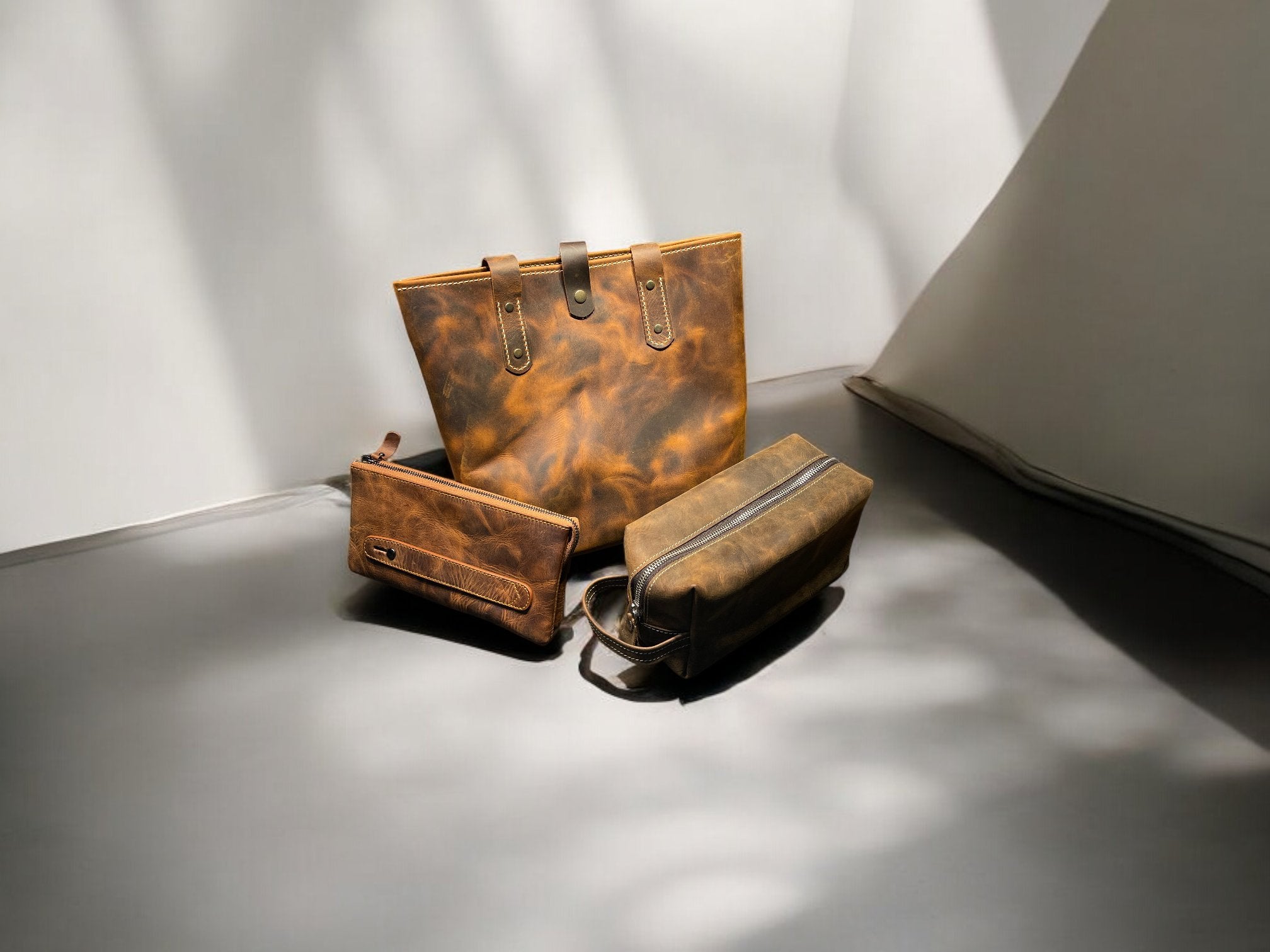



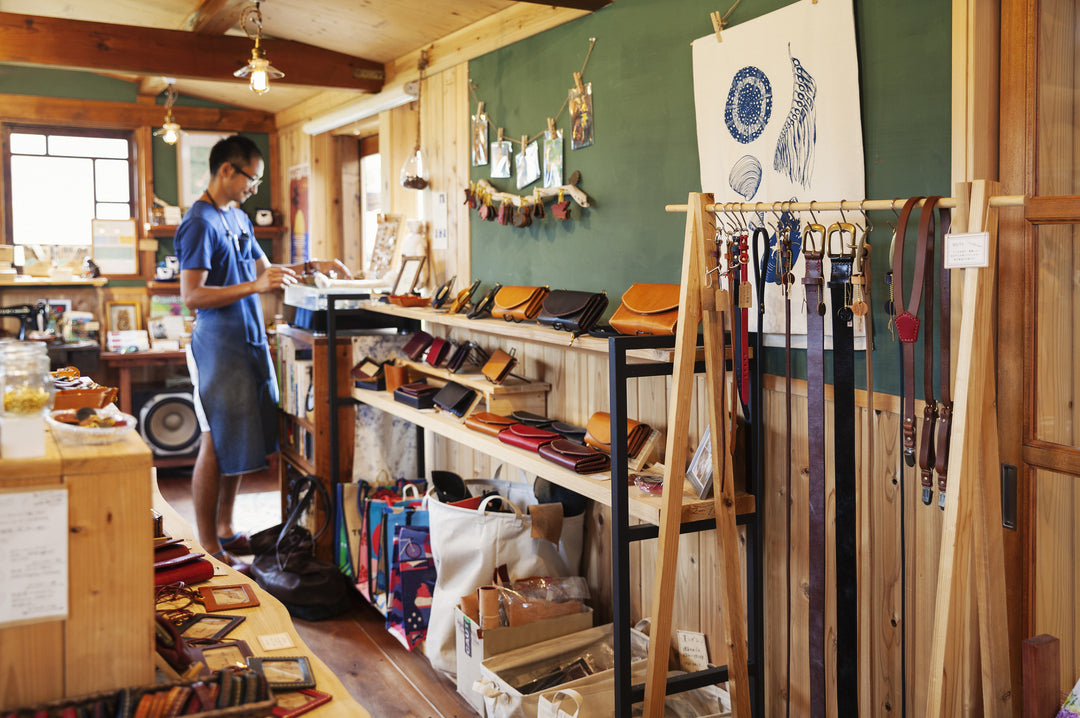
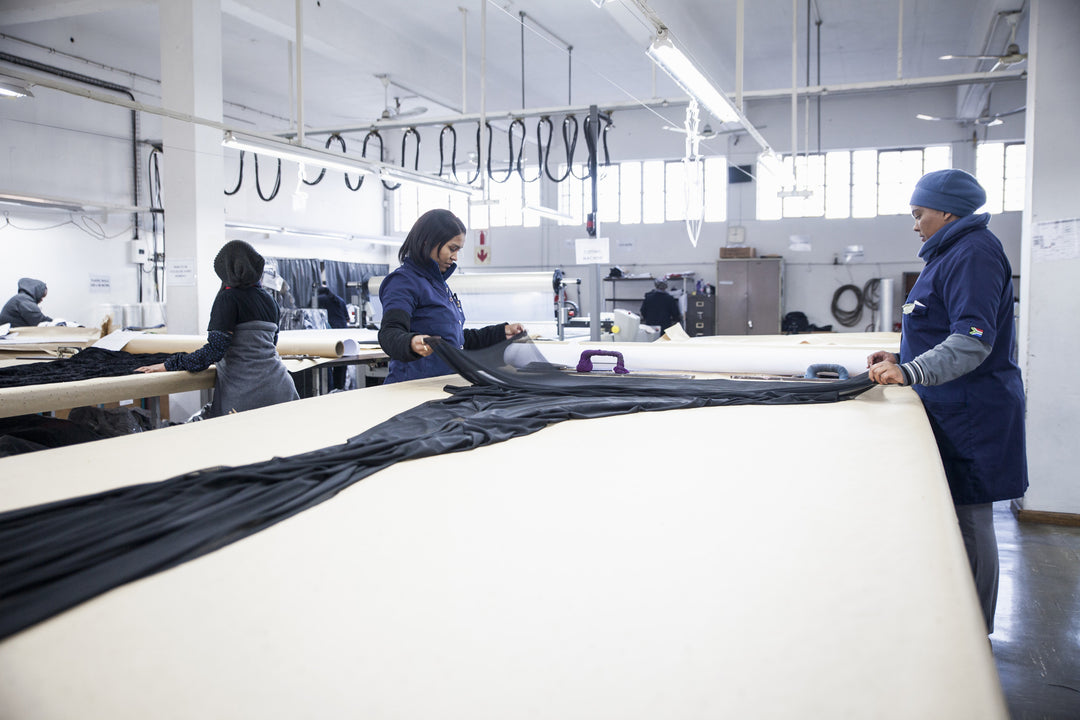
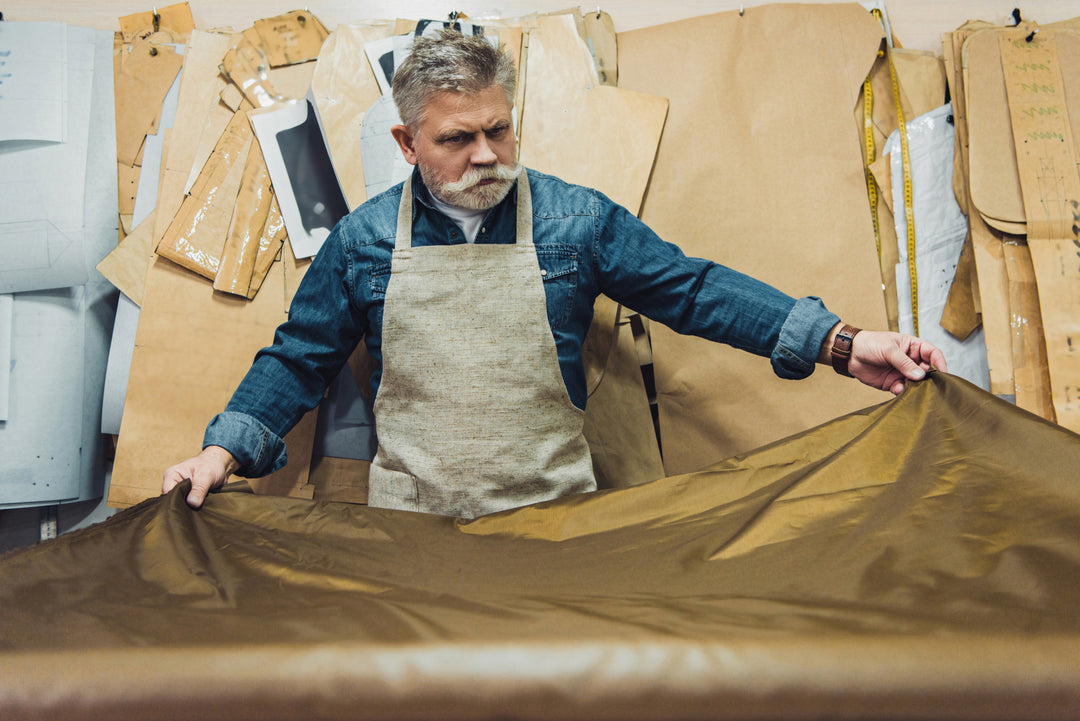

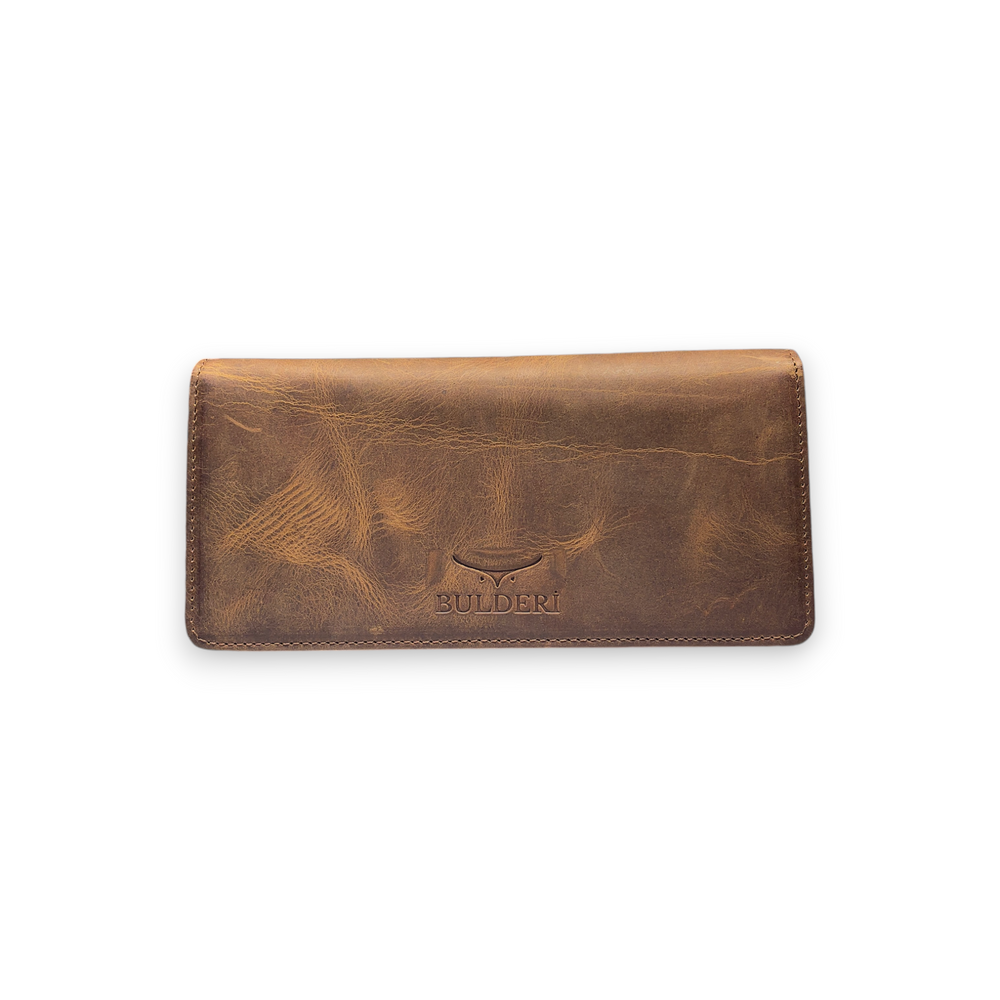

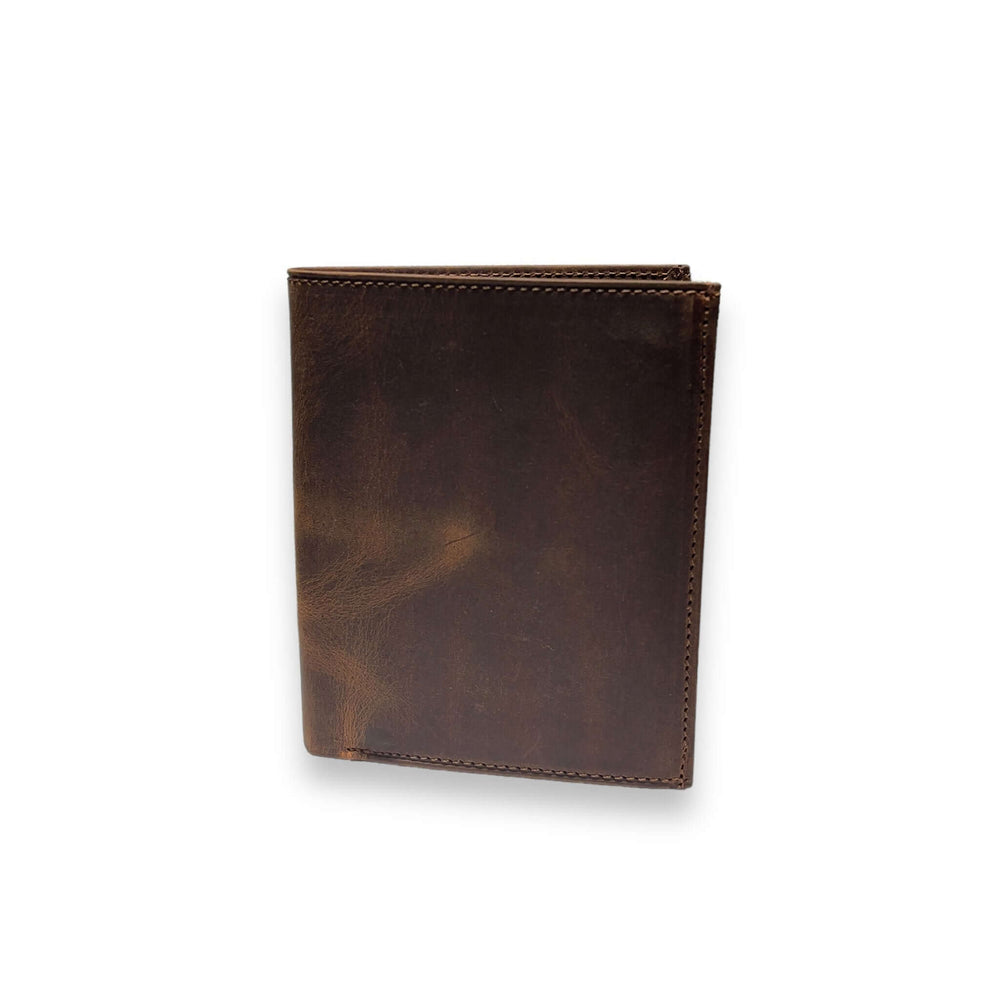

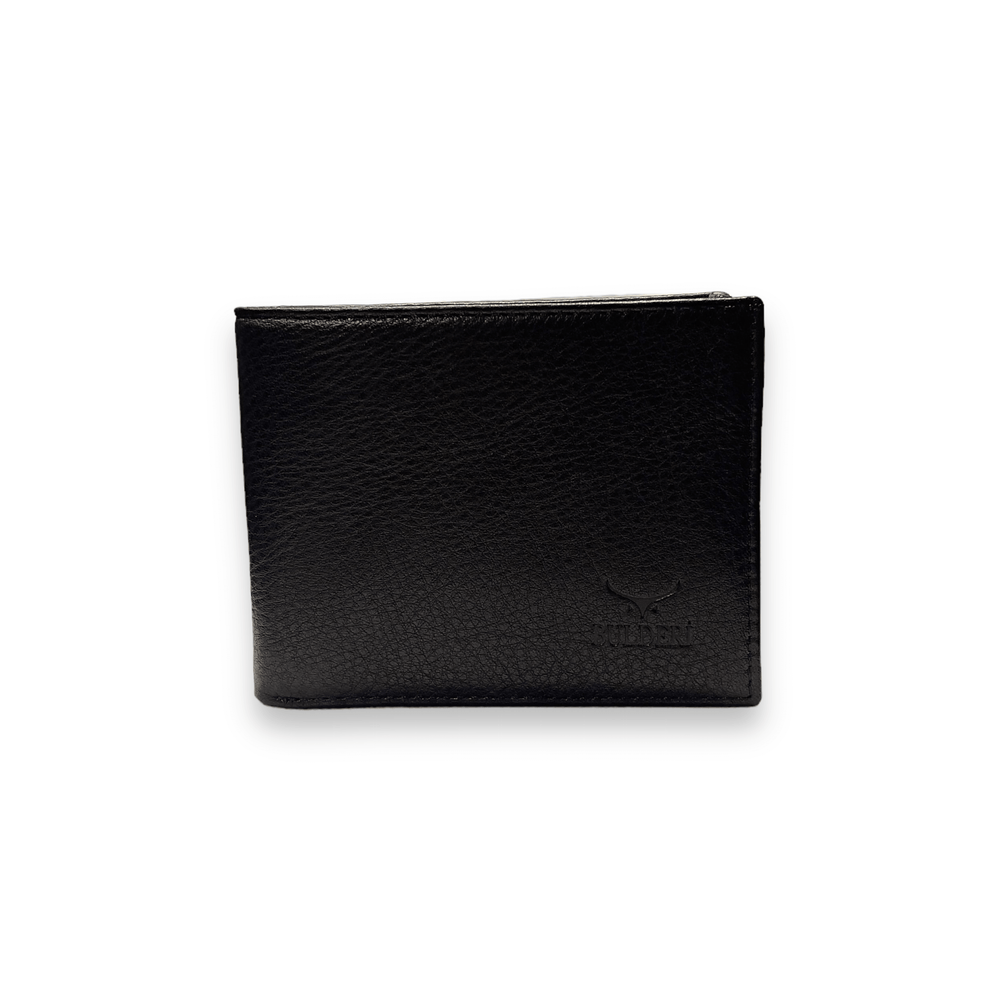

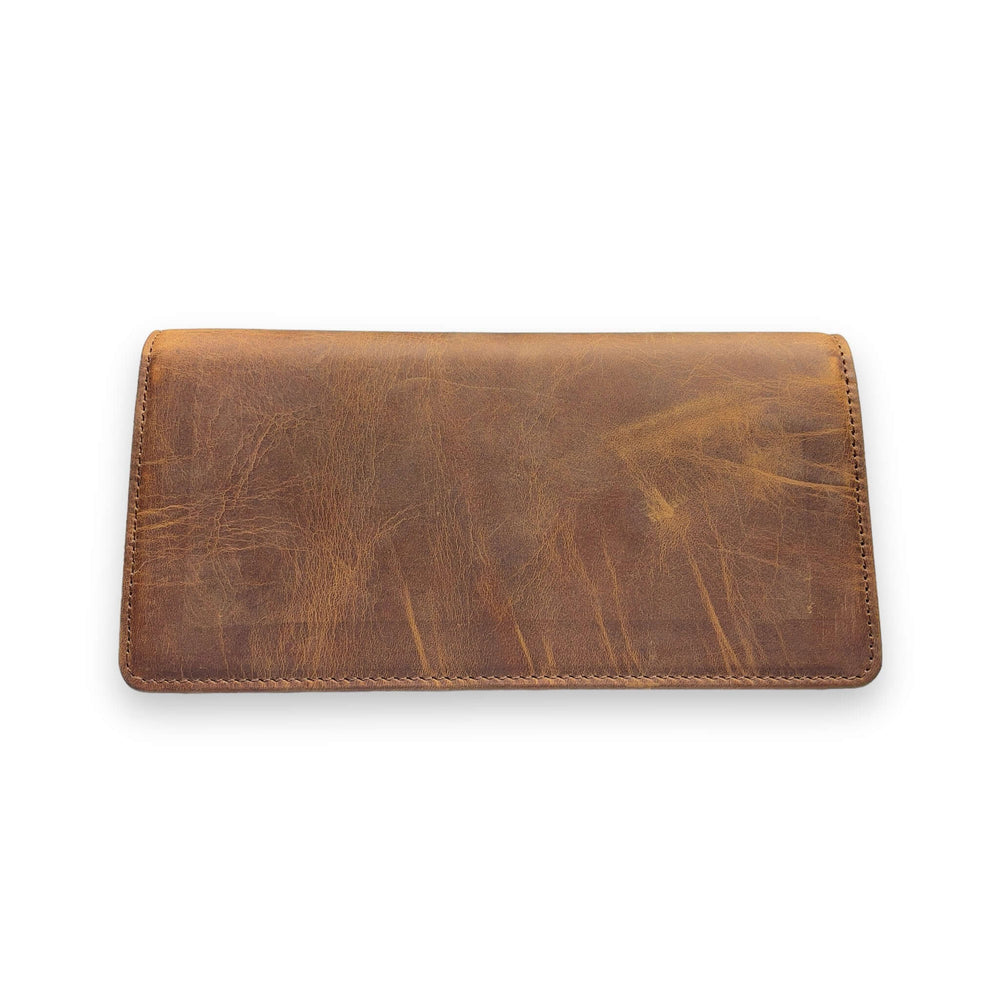
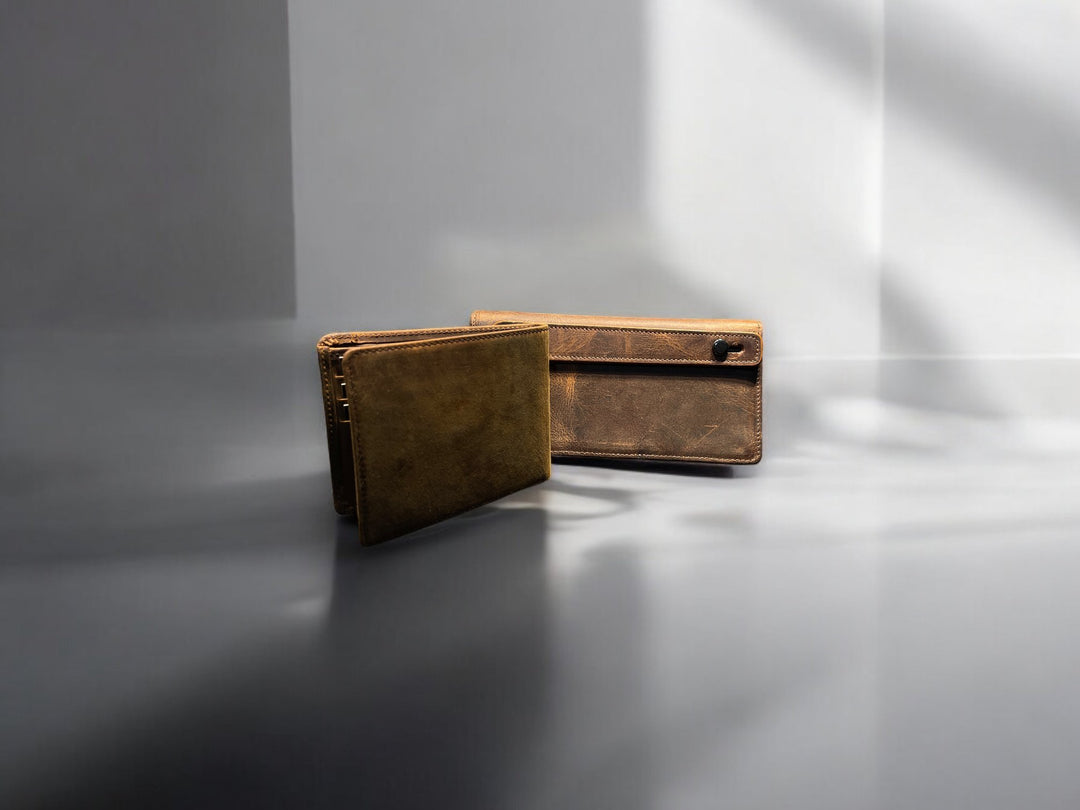
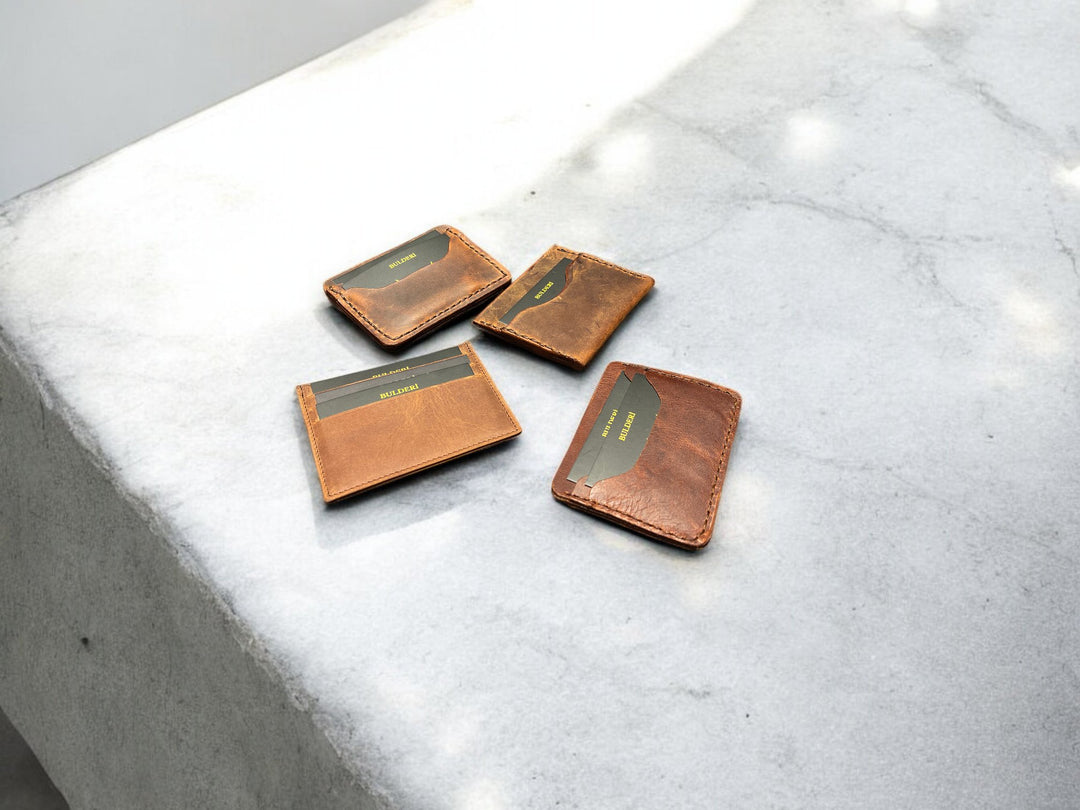
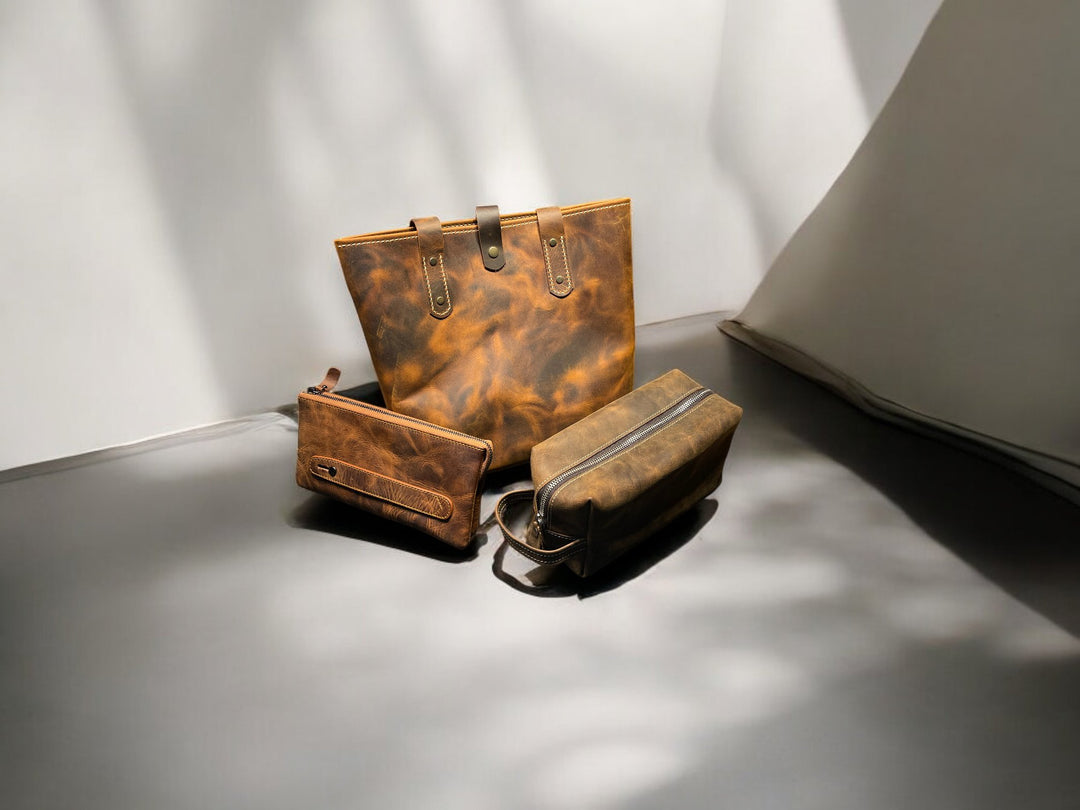

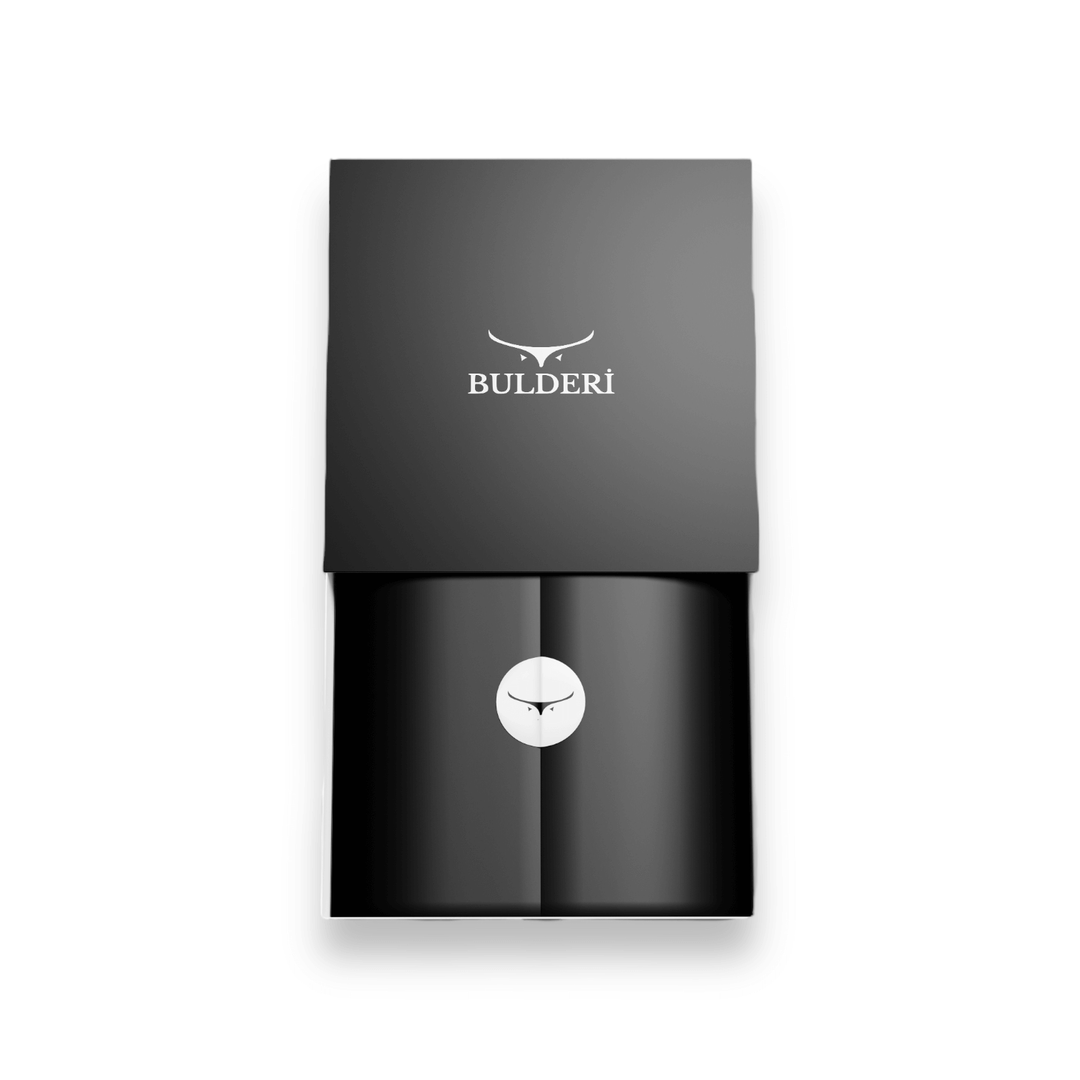


Leave a comment